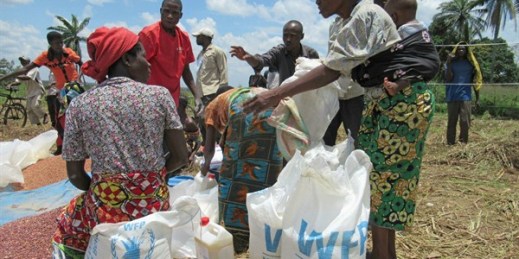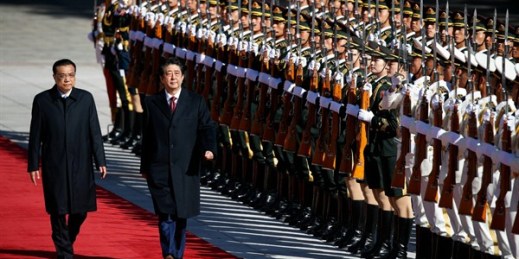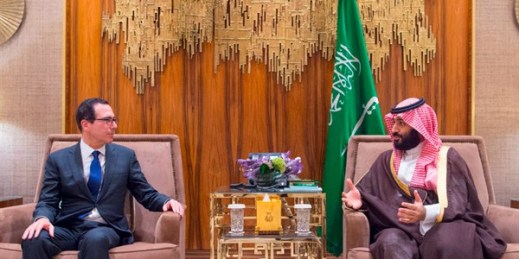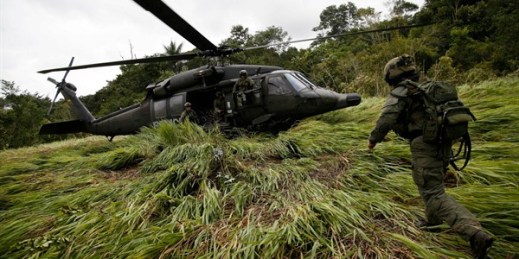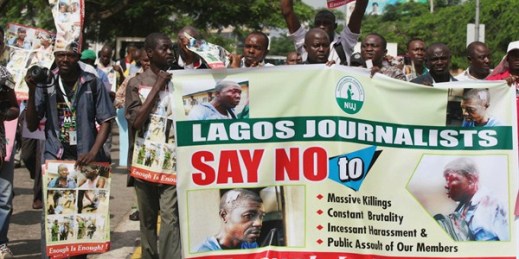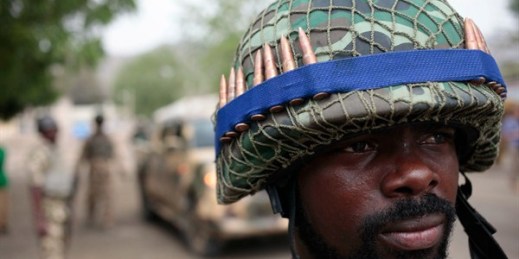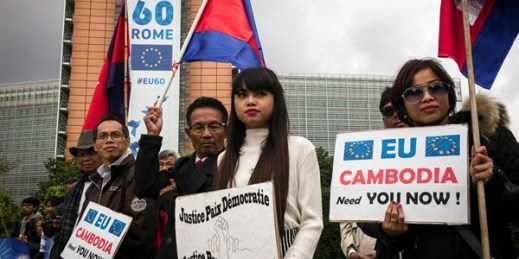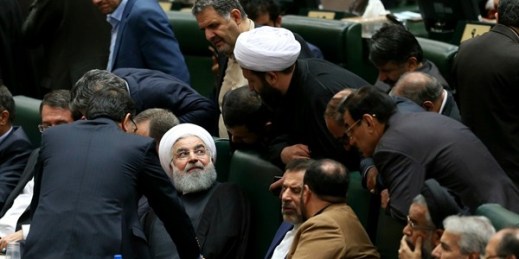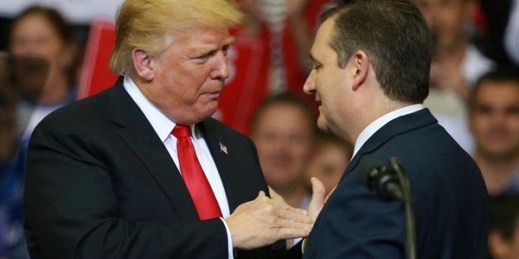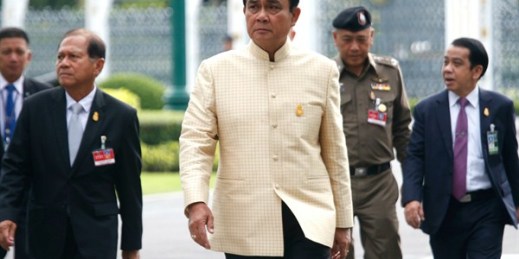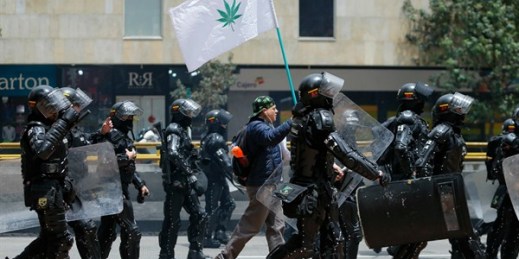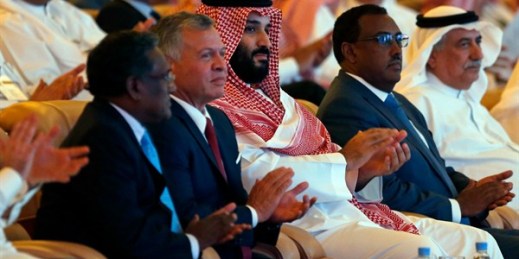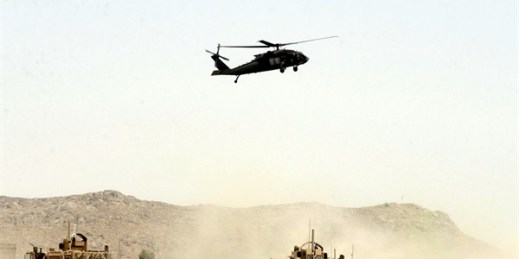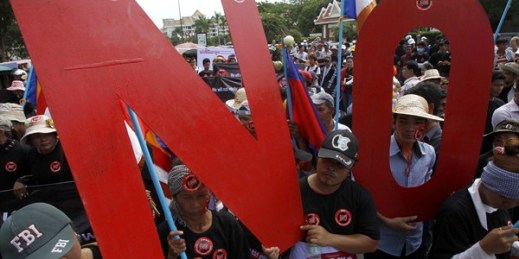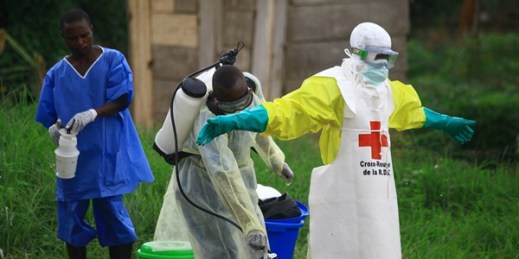
Editor’s Note: Every Wednesday, WPR’s newsletter and engagement editor, Benjamin Wilhelm, curates the top news and analysis from China written by the experts who follow it. On Monday, Cornell University’s School of Industrial and Labor Relations suspended two exchange programs with Beijing-based Renmin University after students there were punished for their labor rights activism. According to the Financial Times, it is the first case in years of a foreign university suspending ties with a Chinese counterpart due to concerns over academic freedom. Renmin students faced various forms of punishment—including surveillance and threats of suspension—after they participated in labor protests this […]

